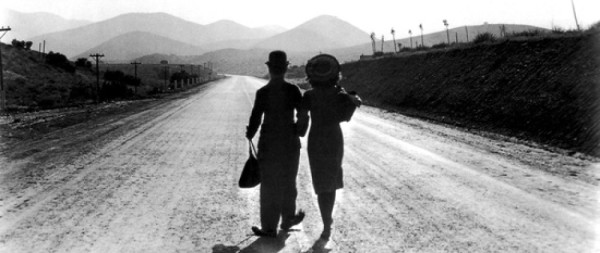Mr. Smith Goes to Washington
Directed by Frank Capra
Written by Sidney Buchman from a story by Lewis R. Foster
1939/USA
Columbia Pictures Corporation
Repeat viewing/Netflix rental
#129 of 1001 Movies You Must See Before You Die
[box] President of Senate: Will the Senator yield?
Jefferson Smith: No, sir, I’m afraid not, no sir. I yielded the floor once before, if you can remember, and I was practically never heard of again. No sir. And we might as well all get together on this yielding business right off the bat, now.[/box]
This just might be Frank Capra’s best film unless it’s that other one with Jimmy Stewart.
Without too much thought, the Governor (Guy Kibbee) appoints Jefferson Smith (James Stewart) to fill a vacant Senate seat, figuring that the popular Boy Ranger leader will be clueless about politics. Smith is inspired to be working with Senator Joseph Paine (Claude Rains), who was a close friend of Smith’s crusading newspaper editor father. He little dreams that Paine is in the pocket of political boss Jim Taylor.
When Mr. Smith gets to Washington, Paine puts him under the tutelage of staffer Clarrisa Saunders (Jean Arthur) and instructs her to keep him out of politics. Arthur and her buddy newspaper man Diz Moore (Thomas Mitchell) think Smith is a hoot. But Smith is an enthusiastic idealist and starts drafting a bill to fund a National Boys Camp. When it turns out the camp would be built at the site of a dam Taylor and Rains are trying to quietly sneak through in a Deficiency Bill, Taylor decides Smith must be destroyed. Saunders helps Smith with his desperate attempt to defend himself.
I couldn’t help thinking how little things change as I watched this movie. At the time of its release, many saw the film as an attack on the Senate and the Press and thus as anti-democratic. But these naysayers were soon proved wrong when the film became the most popular movie in France just before the Occupation for showing how the democratic system as a whole works to protect liberty.
Capra managed to gather some of the most talented character actors in Hollywood for this picture. I had actually forgotten how very fine Claude Rains is in this. He is a bit over the top at the end but before that is admirably subtle and convincing. It goes without saying that James Stewart is superb in a role that suited him to a tee.
Mr. Smith Goes to Washington won an Academy Award for its original story. It was nominated for 11 additional Oscars: Best Picture; Best Director; Best Actor (Stewart); Best Supporting Actor (Rains); Best Supporting Actor (Carey); Best Writing, Screenplay; Best Art Direction; Best Sound Recording; Best Film Editing; Best Score (Dmitri Tiomkin).
Clip – “I guess this is just a lost cause, Mr. Paine.”


Well, I seem to be quite alone in my opinion of this film. I did not like it and I found the resolution rather depressing. Claude Rains, Jimmy Stewart and Jean Arthur are all stellar actors, but as a remake of Mr Deeds this one is weaker mainly because it corners it self to an extend where a deux ex machina is needed to resolve it. The movie basically shows that the system slays the little man and would have had Paine not broken down. The measures Smith has to take are both absurd and futile and it is not the mechanics of the system that ensures justice, but the chance weakness of the contestants. It is parallel to the axiom that the one with the most expensive lawyer wins in court, not justice. Sad and depressive. In a sense this film reminds me of Italian politics, except that you would not see Berlusconi break down while in session.
You are right in a lot of ways, yet for some reason I find the picture as a whole uplifting. It might have been better if all those letters could have been from parents of Boy Rangers!
Time to revisit. Especially, for Claude Rains.